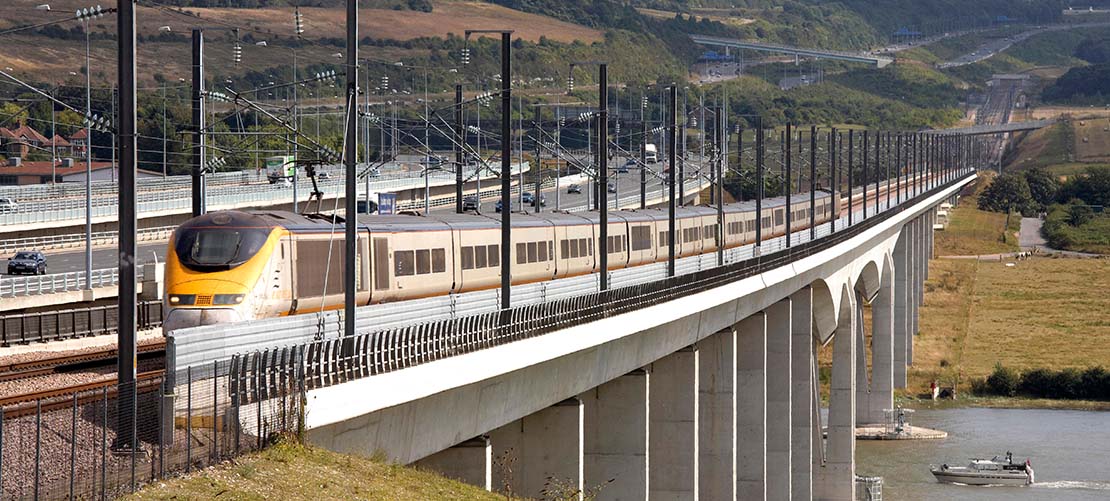Peer review – fares reform article by Anthony Smith, CEO of Transport Focus (abridged version of piece originally published in Rail Review)

The railway seems united on the need for fares reform.
The railway seems united on the need for fares reform. So many submissions to the Williams Review touch on fares and the need to make the system simpler and better value for money. This will be vital to attract passengers back. I echo Anthony's words: reform takes time and must be carefully considered and implemented.
How can you make fares simple when people's needs are complex? To me, this seems to be the greatest challenge. The railway needs to appeal to everyone: those who plan their journeys sometime in advance and can travel on specific trains, those who want to turn up and go, those who travel on 2 or 5 days of the week. We should certainly be aiming for simplicity, whilst not inadvertently shutting out people who may have different needs. Smart ticketing will hopefully be a catalyst for change.
Ticketing innovation is being stymied by archaic fares regulation. As Anthony mentions, the Ticketing and Settlement Agreement (TSA) remains largely unchanged since privatisation. As a lawyer, contracts pique my interest – but this is not any old contract, this is one which underpins the whole ticketing system and affects how we all use the railway system. The best types of contract are ones which are easy to read, easy to use on the ground, whilst reflecting what is done in practice.
The TSA no doubt achieved this 25 years ago. But the railway has moved on since then. We now have ticket vending machines, internet retailing, smartcards, mobile phone apps and mobile barcodes. I am certain the railway will continue to innovate. The TSA has not caught up with the modern railway. Yes, certain patches have been added over time but these really have been sticking plasters and have led to inconsistencies and confusion. Practice has moved away from the words on the page.
Clearly, the first step needs to be to identify what we want the ticketing system to deliver – and the work that Anthony's organisation has been doing offers valuable insight here. Next, we need to make sure the system and the TSA delivers that, whilst recognising how the railway operates in practice. Beyond that, some initial thoughts on reform include:
- Do we need prescriptive requirements on ticket office opening times in the modern world?
- How do we make sure everyone can buy the ticket they want?
- How do we cater for different ticket delivery methods – smart ticketing, mobile ticketing, as well as those who still want paper tickets?
- Who is best placed to set fares and do we still need the same way of allocating fare revenue?
- How is commission best dealt with in the modern retail environment?
- How can we make the TSA easy to understand and use?
- How do we make sure the TSA is fit for the future and can evolve as the railway does?
The case for change seems clear. As an industry, we now need to deliver it.


